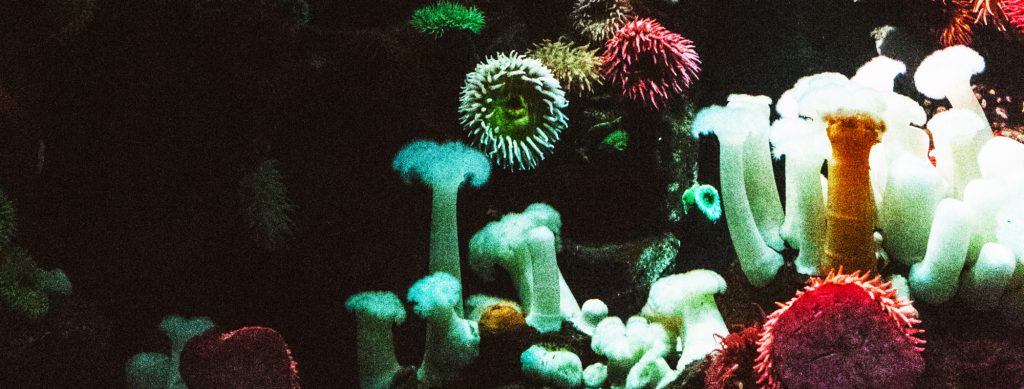By: CIFAR
18 Dec, 2018

What can life in the ocean tell us about climate change and human health?
Oceans absorb over one-third of the carbon dioxide humans send into the atmosphere each day, consequently slowing the pace of global warming. They also store more carbon than they release, often keeping it sequestered for thousands of years.
Yet, in spite of its massive presence in the oceans, little is known about this fascinating organic network of chemicals produced and consumed by the oceanic microbiome, made up of bacteria, archaea, microeukaryotes, and viruses.
The Microbial Metabolites in the Ocean Carbon Cycle program will seek to understand this complex system, giving us important insights into the future of climate change, and could also have implications for understanding microbes important for agriculture and even for human health.
CIFAR is a registered charitable organization supported by the governments of Canada and Quebec, as well as foundations, individuals, corporations and Canadian and international partner organizations.